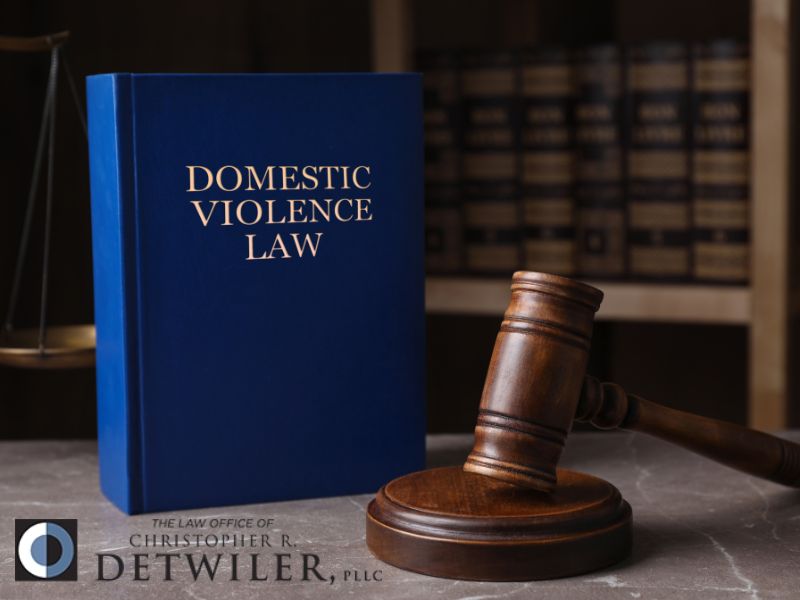The Difference Between 50B and 50C Orders in Raleigh and Wake County

Both 50B and 50C are restraining orders that protect the safety of the plaintiff by prohibiting the defendant from contacting the plaintiff. However, they differ significantly, and understanding those differences is crucial to your legal representation. A 50B is a Domestic Violence Protective Order (DVPO), and a 50C is a Civil No-Contact Order.
50B - Domestic Violence Protective Order (DVPO)
To file for a 50B order, there must be a personal relationship between the plaintiff and the defendant. These relationships include a current or previous romantic partner, a family member, or members of the same household. These orders are designed to provide immediate protection to victims and can include several protections. The defendant can be prohibited from contacting or going near the home and workplace of the victim. The defendant can also be ordered to vacate a shared residence. These orders can even grant temporary custody of children and prohibit the defendant from going to the child’s school.
To be granted a 50B, there must be evidence of abuse ranging from physical violence, threats of violence, harassment, stalking, or emotional abuse. A 50B order can be granted while the defendant is not present in court and based solely on the petitioner’s testimony and the evidence presented.
50C - Civil No-Contact Order

To file for a 50C order, one must show that there was non-consensual sexual conduct, stalking, or harassment to the plaintiff.. 50C orders apply to non-personal relationships, including friends, neighbors, or strangers. To be granted a 50C order, there must be evidence of continuous threat or harm. A single incident of harassment or stalking does not qualify; however, one instance of inappropriate sexual conduct does qualify.
Summary - Key Differences
While singular incidents of stalking or harassment do not qualify for a 50C, they are significant enough to grant a 50B. With 50C orders, the plaintiff must prove that there was an intent of harm from the defendant; however, with the 50B orders, the plaintiff only needs to prove that the action happened and was directed at the plaintiff. Finally, when one violates a 50B order, the result is a criminal charge, but a violation of a 50C cannot result in a criminal charge.
Contact Raleigh Domestic Violence Lawyer, Chris Detwiler
As a dedicated Raleigh Domestic Violence Lawyer, Chris knows the intricacies of the law and is committed to fighting for your rights. Contact Chris today for a consultation, and let us help you explore your options for applying for or defending against one of these types of orders. With Chris’s expertise, he will work tirelessly to achieve the best possible outcome for your situation. Remember, the right legal support can make all the difference. Call our office now at (919) 526-7545 or fill out our form below and take the first step towards getting the right legal defense in either of these situations.
Contact Form
"*" indicates required fields

